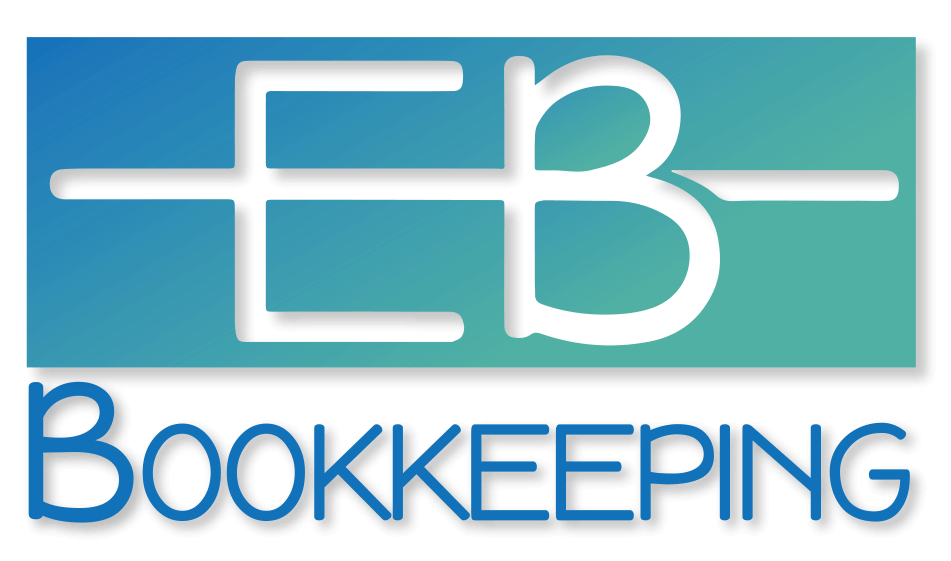This is a question I get asked all the time!
These days, bookkeepers and accountants can (and do) perform very similar tasks for sole traders and within smaller companies. But there are key differences between the two professions.
Let’s take a closer look at the differences between bookkeepers and accountants, and help you decide what level of support you need within your own business.
What does a bookkeeper do?
Generally speaking, a bookkeeper helps you keep accurate records of your financial affairs.
A bookkeeper’s duties typically include:
- Managing the day-to-day transactions within your business
- Recording sales/income and purchases/expenses
- Posting debits and credits where applicable
- Inputting all data into your chosen finance software
- Balancing your ledgers
- Carrying out bank reconciliations to make sure these records match
- Producing invoices for customers
- Managing staff payroll
What does an accountant do?
An accountant’s job is to interpret your firm’s financials and tell you what this data means for your business. Accountants also handle all aspects of business compliance, which may include submitting your company tax return, VAT return, and/or personal self-assessments for you and other key members of staff, depending on your company setup.
Your accountant will be responsible for:
- Adjusting entries if needed
- Preparing financial reporting records like tax returns, VAT returns, income statements and year end accounts
- Sending these important documents to governing bodies where appropriate
- Telling you how much tax you need to pay on your business activities, as well as the deadlines for each of these payments
- Performing financial audits
- Delivering financial forecasts to help spot business trends and identify opportunities for growth.
The benefits of bookkeepers vs accountants
The nature of their role means that bookkeepers will typically stay in touch with you on a more regular basis. Because they will be working on your numbers every week, month, or quarter, they can keep an eye out for anything on your books that doesn’t look quite right and flag these discrepancies with your team straightaway.
Perhaps one of the biggest advantages of hiring a bookkeeper, however, is that they will take a lot of the time-consuming paperwork off your desk. As a sole trader or small business owner, you don’t want to be spending your evenings and weekends pouring over your books – especially if the thought of managing your own accounts fills you with dread! Bring a bookkeeper on board, and you’ll get back several hours every single week. That’s precious time that can be spent developing and growing your organisation (or, dare we say it, kicking back with your loved ones and getting a well-earned rest).
Accountants look at the bigger picture. As well as providing comprehensive management accounts and annual reports – and summarising this information in a way you can understand – they may also introduce time-saving systems and processes that are unique to your business (and that can subsequently be implemented by your bookkeeper).
Their additional qualifications and expertise enable accountants to advise you on things you can do to improve your business finances, as well as handle more complex matters relating to accruals, prepayments, and stock management.
Things you need to bear in mind when sourcing financial help
Regardless of whether you decide to hire a bookkeeper or an accountant, you’ll definitely benefit from having a capable individual in your corner who can help you navigate the ever-changing world of business finance and make sure you’re on top of all your financial obligations.
It’s worth mentioning here that there’s often a cross-over between roles, too. Many accountants offer a bookkeeping function, and many bookkeepers offer a partial accounting service that involves submitting VAT or self-assessment returns.
One of the biggest deciding factors will likely be the cost of the service. Remember that bookkeepers often charge less than accountants, but they can bring just as much value to your business if you don’t require in-depth reporting and just need someone to keep you accountable for your finances.

